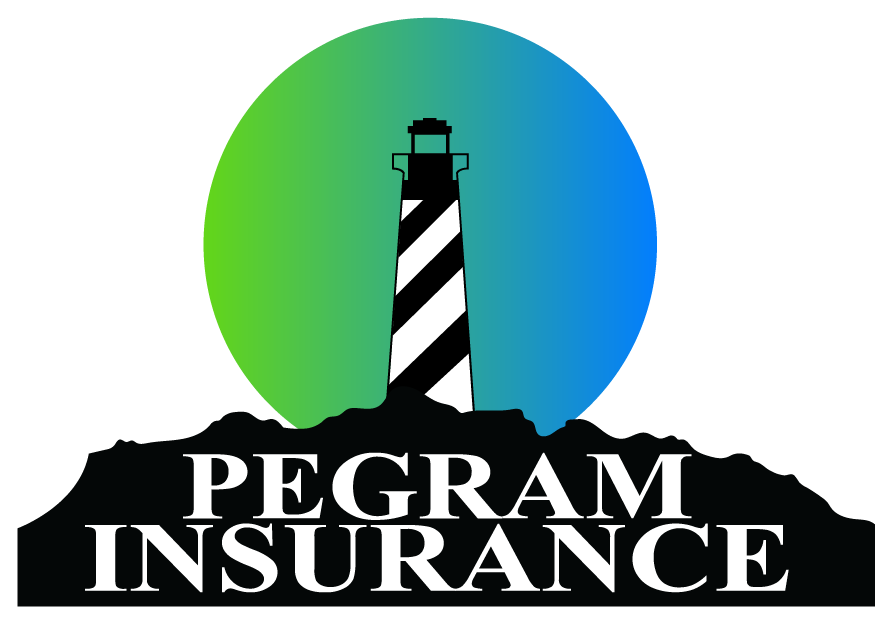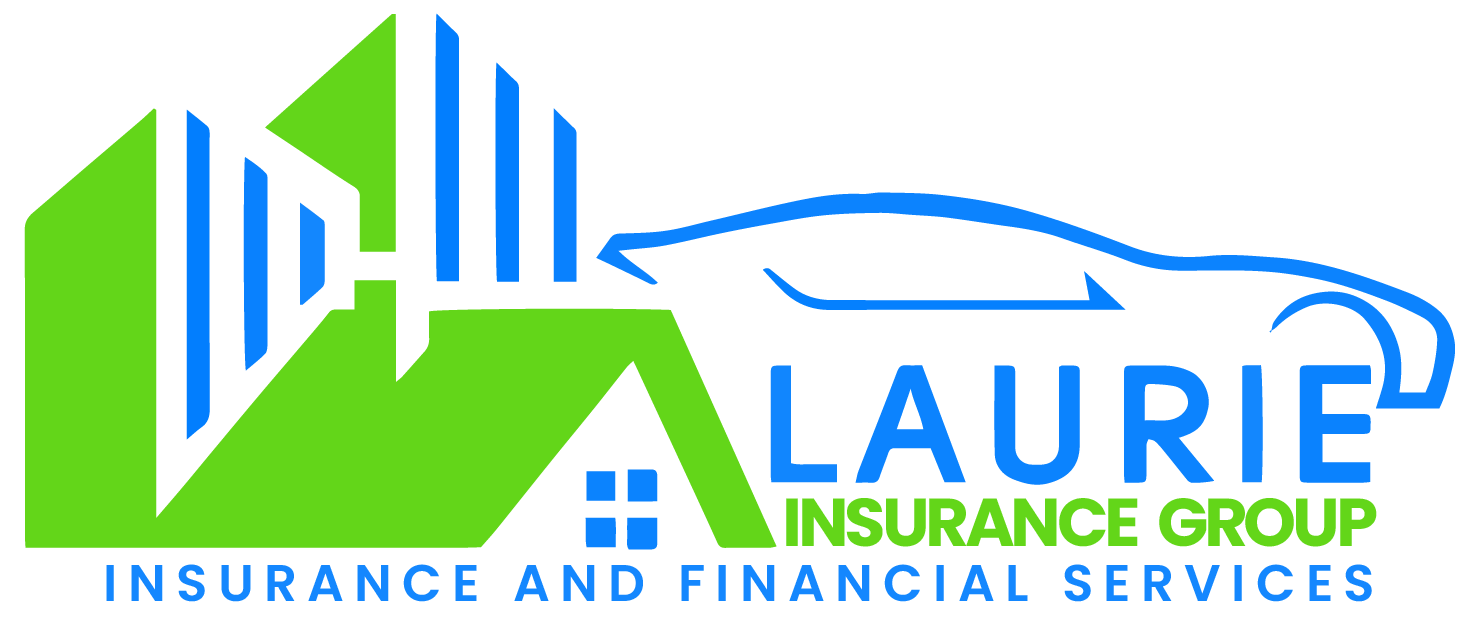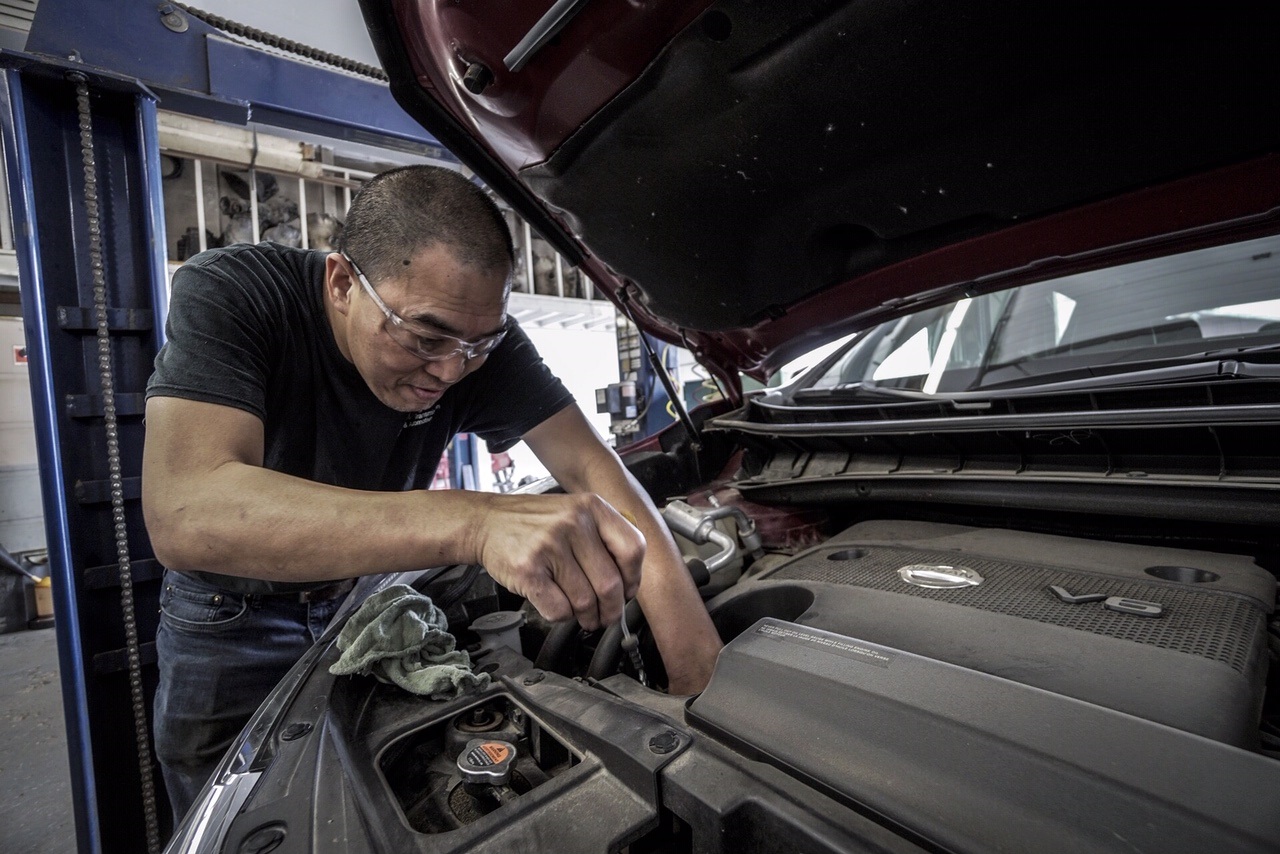A
workers compensation audit is an inevitable part of all workers compensation policies. While many other
commercial insurance policies may require them as well, it is not always done in every case. These policy types can include commercial
general liability, commercial property,
commercial auto, professional liability, etc. With a workers compensation policy, you can count on an audit being done for each policy term.
A lot of our clients may feel overwhelmed by these audits at first. However, after completing their first audit, they become less daunting in the future. The purpose of these audits is to accurately assess the correct premium based on the actual payroll versus the payroll that was estimated at the beginning of the policy term.
Quite simply, if you overestimate your payroll, then you will receive a refund. If you underestimate your payroll, then you will receive an additional premium bill. Coming up with an estimated payroll, in almost every industry, is really just a best guess. There are several factors that may cause your payroll to go up or down.
Some of the factors that may cause payroll to change are:
- Terminating an employee
- Hiring an employee
- A rise or fall in business causing payroll to change
- Hiring an uninsured subcontractor
- Hiring an employee or sub outside of your normal class code
- Work that changes depending on the season or the weather
In addition to assessing the correct payroll, the workers compensation company will want to confirm that the correct class code is chosen for that business. Class codes are the best description given to the actual work being done by that business. For some businesses, the actual class code is easy to determine. For others, it can be a little more tricky and the insurance company will have to accurately assess the risk based on the day to day work being done.
In some cases, one business may have several class codes. This is seen very often with construction companies where they may have painters, electricians, concrete construction, tiling, plumbing, HVAC, roofing,etc. Businesses with multiple class codes will want to separate their payroll based on these different classes or they will likely face their total payroll being lumped into the most expensive classification.
Class codes can range in scope from very expensive to extremely inexpensive. One of the lowest and most inexpensive class codes is clerical office employees. One of the most expensive classes is for roofers. The reason for this discrepancy is due to the risk level involved in each line of work. Not only will these rates be determined due to the chances of an accident, but also the severity of the accident. The more severe the accident, the more that worker will need more money to pay for medical bills and the longer he/she will be out of work.
Their are certain records will you need to produce to show the proper documentation in completing your audit.
Some of the items you will be asked to present to complete an audit may include the following:
- Form 1040 Tax Return(this is for sole proprietorships)
- Schedule C (this shows the profit or loss breakdown of expenses on your tax return)
- Schedule SE (Self Employment Tax)
- Schedule K1 (Shareholder’s Share of Income)
- Form 1120 (US Corporate Income Tax Return)
- 941 Reports (Quarterly Federal Payroll Tax Reports)
- 940 Reports (Employer’s Annual Unemployment Return)
- 1099 Forms (Subcontractor Pay)
- Checkbooks
- Ledgers
- Receipt Books
You should know what payroll will be picked up on your premium audit.
Who will be included in my payroll?
1. Anyone that you paid as a W2 employee will be counted as payroll.
2. Any 1099 subcontractor that your business paid that you did not receive their workers comp certificate of insurance from.
3. Owners that have not rejected coverage as either owners, officers, members, etc where allowed by law.
Every state has different workers compensation laws and you will need to discuss with an insurance professional the laws within your state. You will also need to confirm if your workers compensation policy in the state where your business resides will cover you while doing work in another state. For instance, in NC, a policy purchased here will not cover even 1 employee that would be doing work in FL. Not even temporarily. It is very important that you discuss this with an agent before beginning work in another state. The penalty for not doing so can result in large fines from the state or you being responsible for paying out in the event of a claim if it is denied by your insurance company.
In closing, don’t let the workers comp audit scare you. As long as you maintain accurate records, you will be fine. We strongly urge our clients to not let any 1099 subcontractors do any work for you, without first getting a copy of their own workers compensation certificate. An audit can actually be a good thing. For a lot of our clients, they see a refund at the end of their audit term. This is a welcome surprise and it is a much better feeling then being hit with a large additional premium because you didn’t adequately plan or keep accurate and ongoing records.





